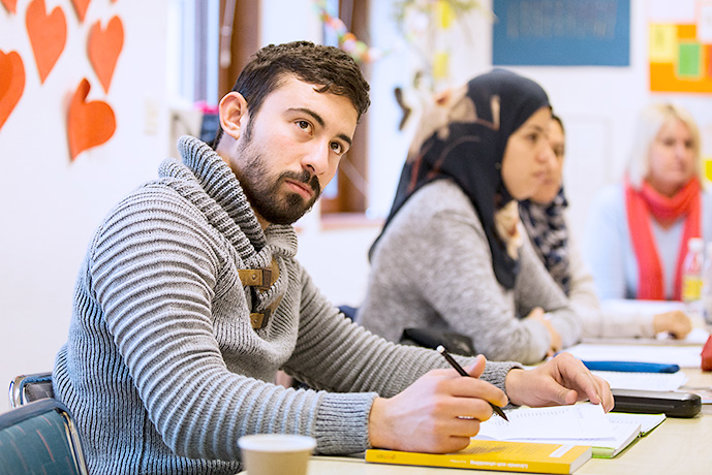A common asylum system and expanded cooperation on migration
Published
In 2016–2017 the EU took several important measures to handle the acute refugee situation and strengthen the present asylum system. Its common borders have been strengthened, work on return and resettlement has been intensified and the EU is continuing to combat ruthless human trafficking, as well as the root causes forcing people to flee. Refugee flows have decreased but many people are still risking their lives to come to Europe. Work for a sustainable, humane and functioning common migration and asylum policy therefore needs to continue.

Sweden is one of the Member States that have contributed most in the area of migration. Sweden is also one of the largest donors of humanitarian support to conflict-affected countries and their neighbouring countries, where most of the world's refugees are to be found. Sweden defends the right to apply for asylum in the EU but more Member States must take greater responsibility than they have done so far.
A common asylum system and expanded cooperation on migration with countries outside the EU
There is still a great deal of disagreement among the Member States over the design of a new asylum system. The common asylum and migration policy must work. Moreover, the global division of responsibility must be widened for people in need of protection so that large migration and refugee flows can be handled better.
The Government will work to ensure that:
- A new common asylum system is introduced in the EU in which applications for asylum are examined with legal certainty, humanely and individually and all Member States share responsibility;
- More legal routes to the EU are achieved;
- A well-functioning, legally certain and humane return is available for the people who do not have the right to stay;
- The EU supports countries in its neighbourhood that assume great responsibility for the refugee situation;
- A policy is put in place that develops the partnership with countries outside the EU concerning returns, and combats the root causes of involuntary migration.

 X
X